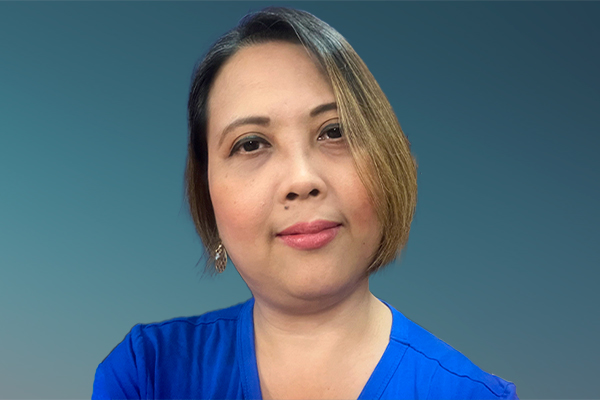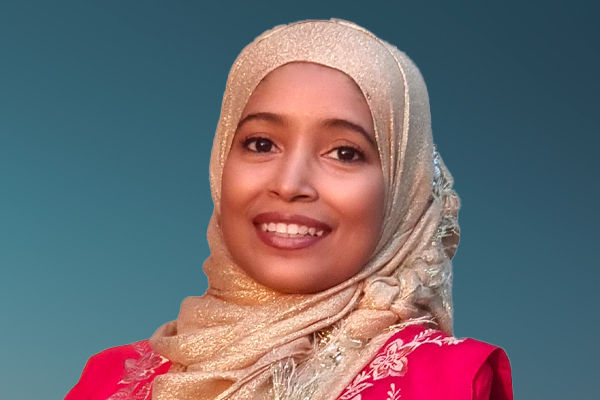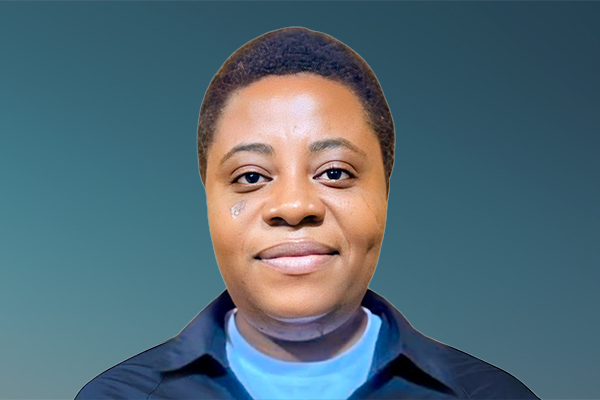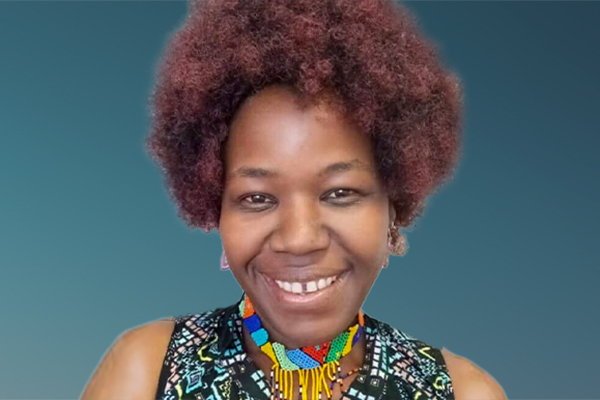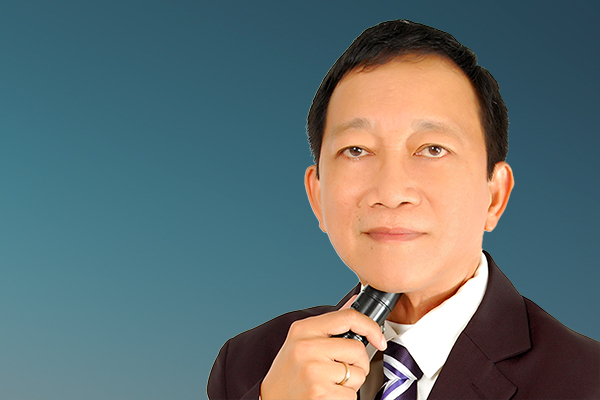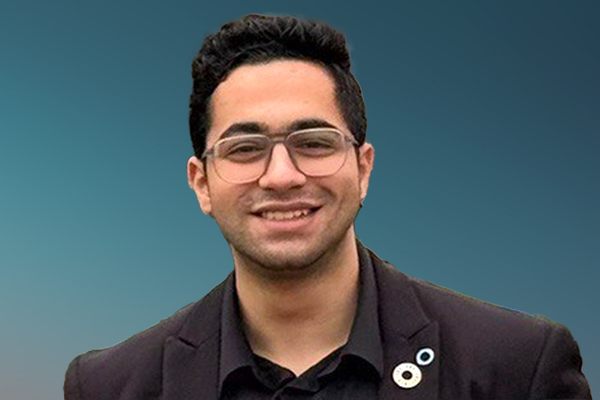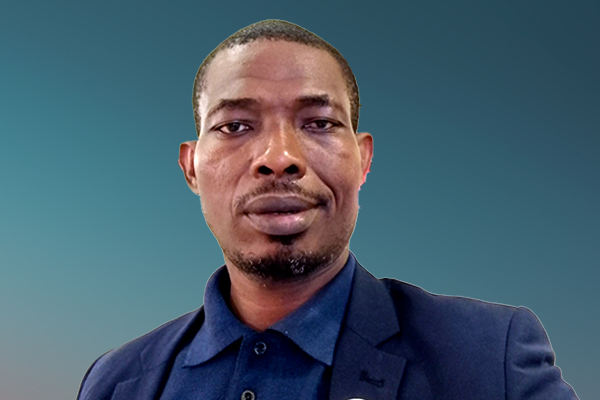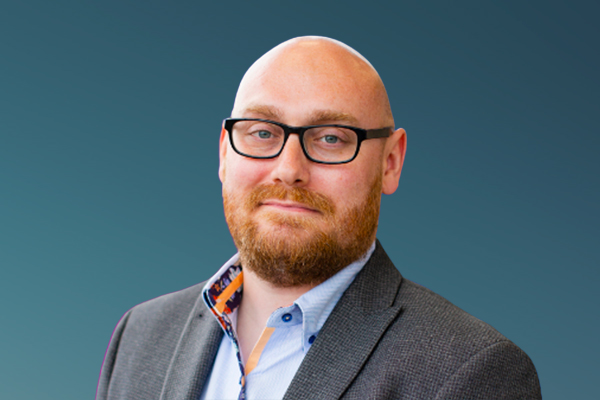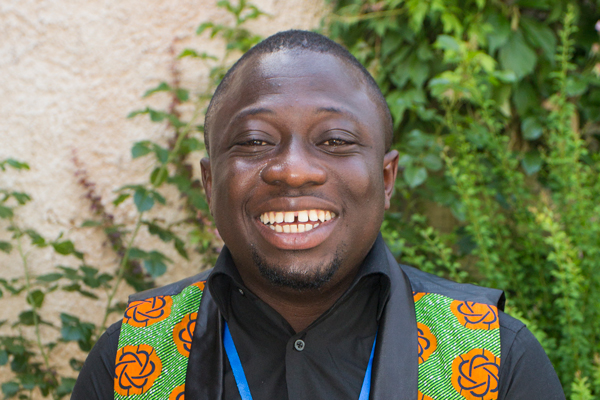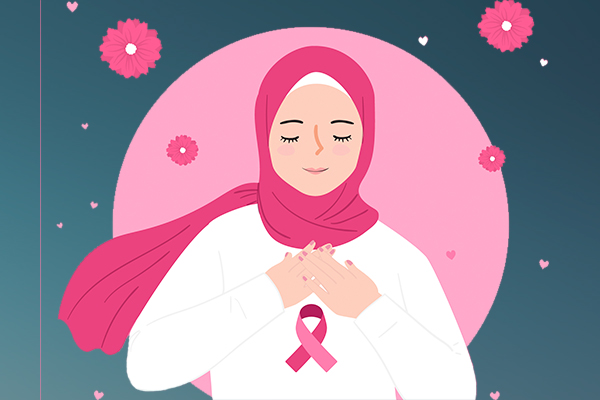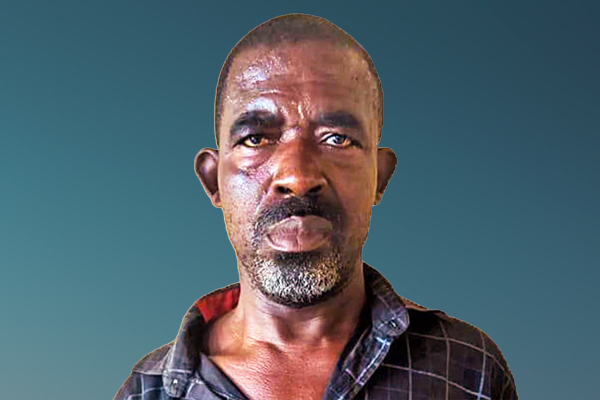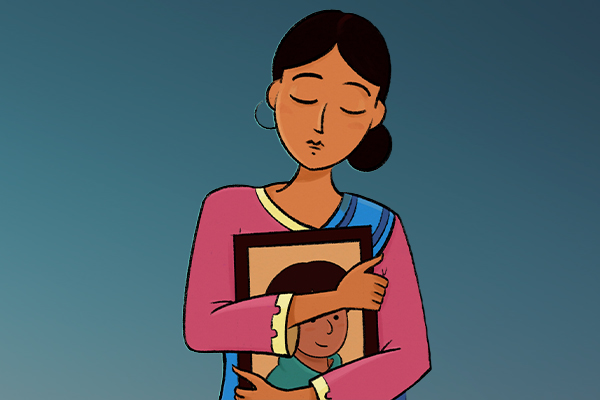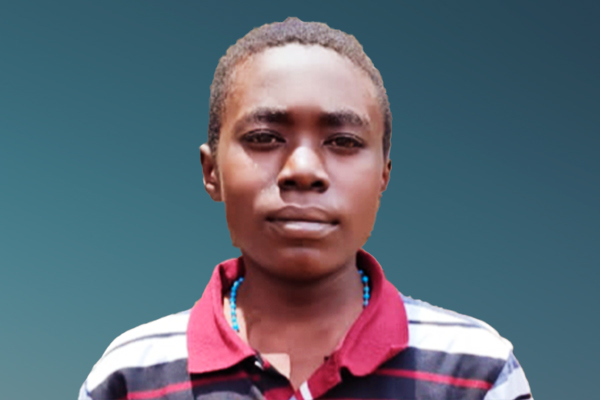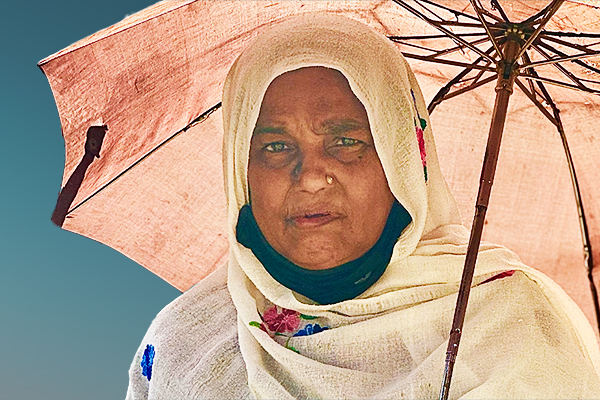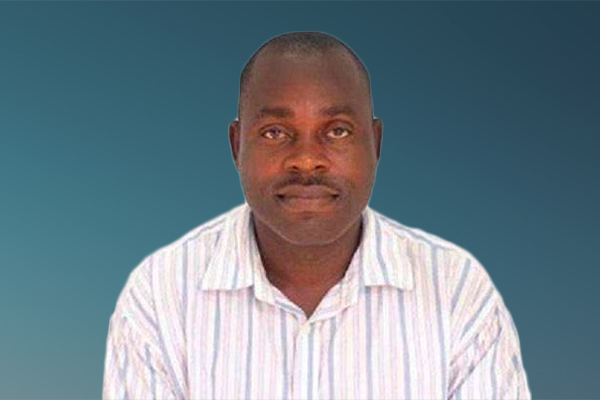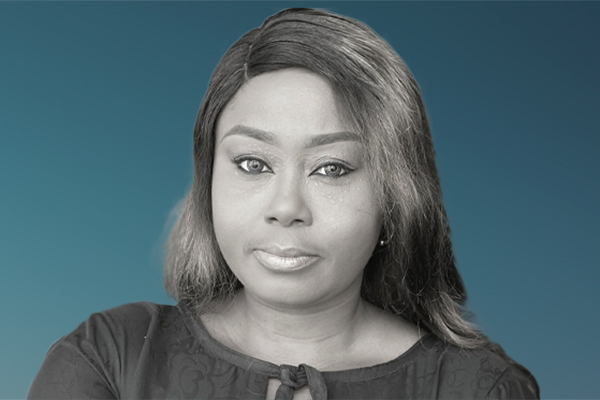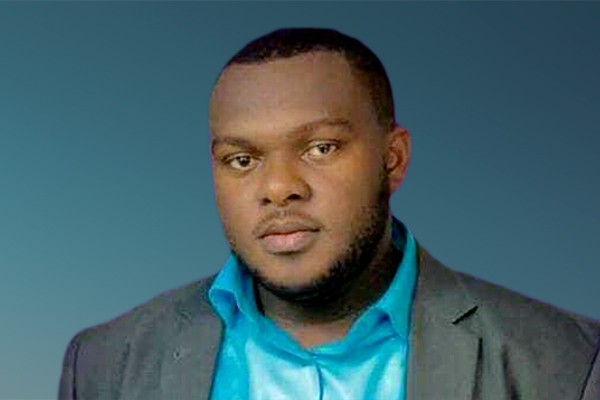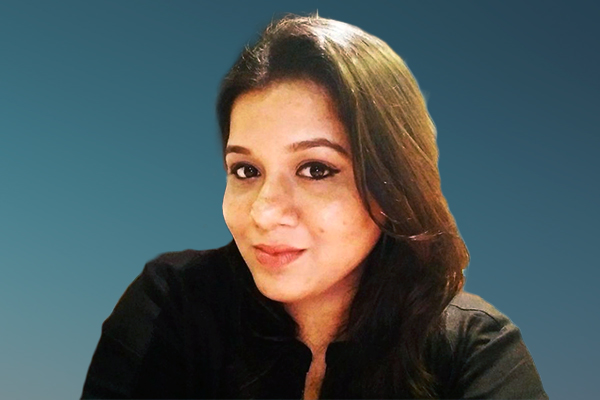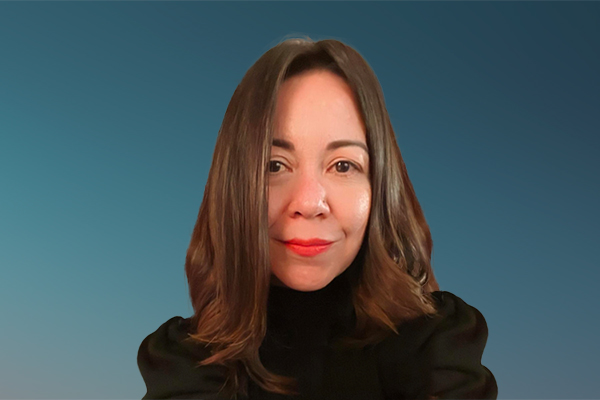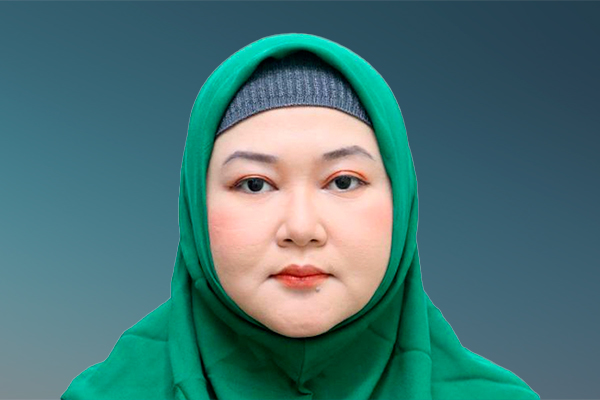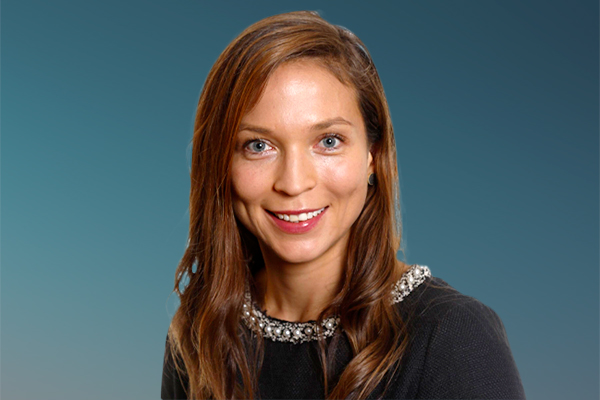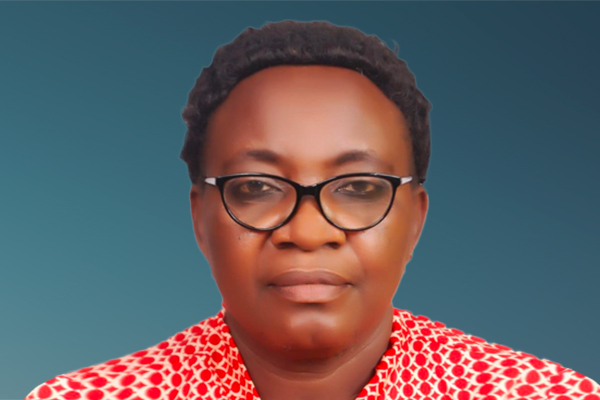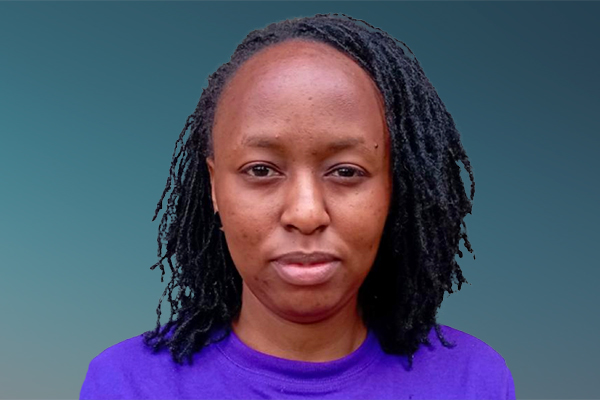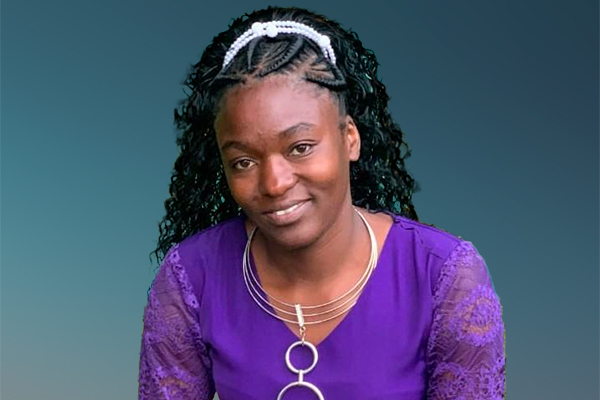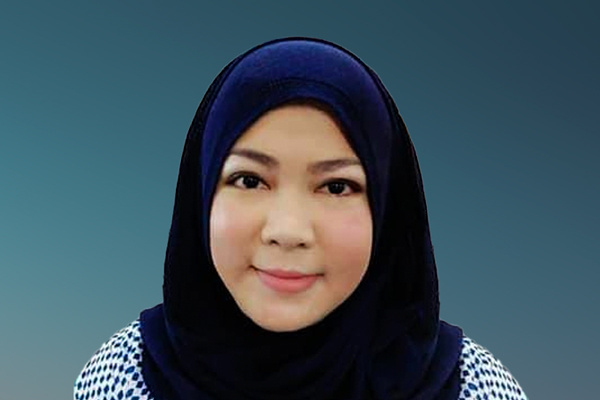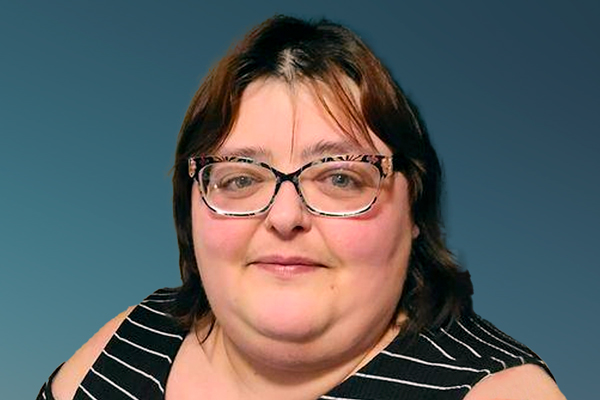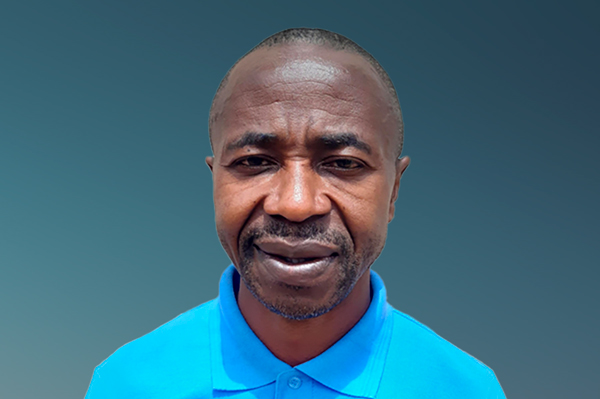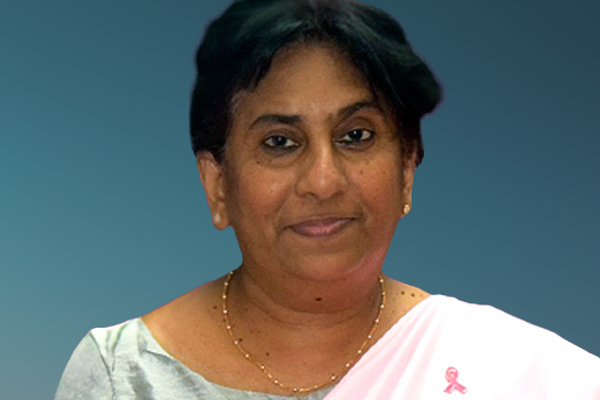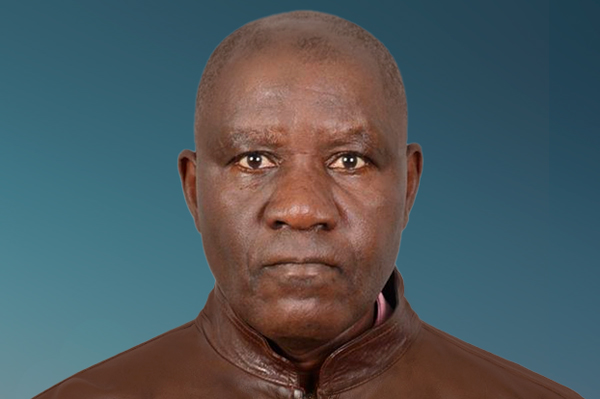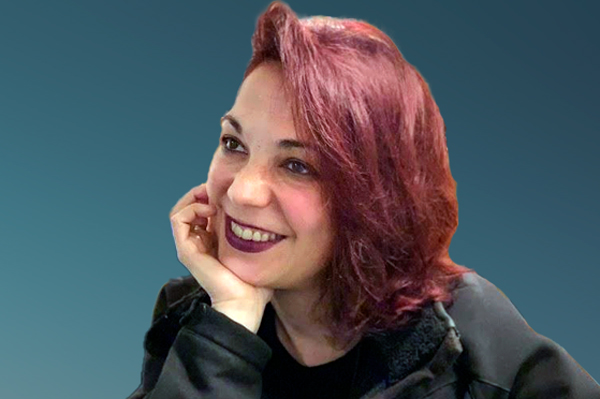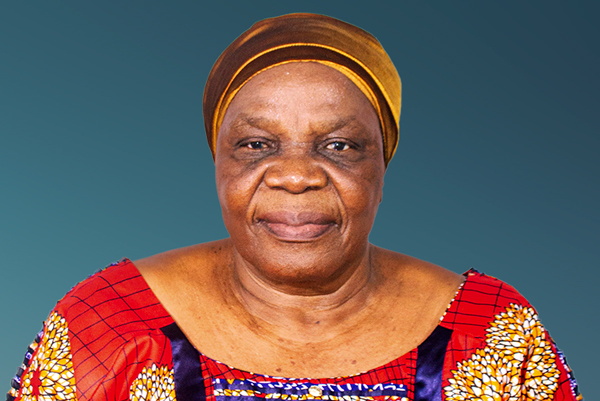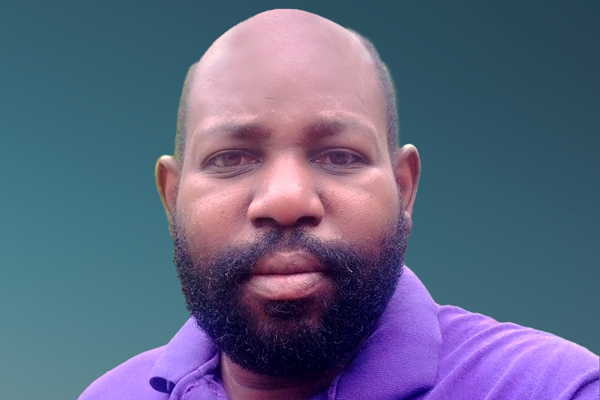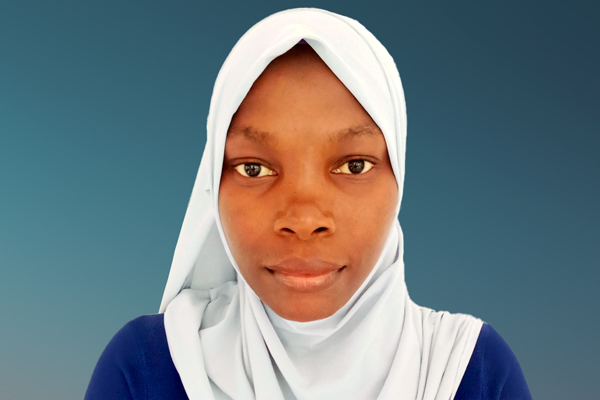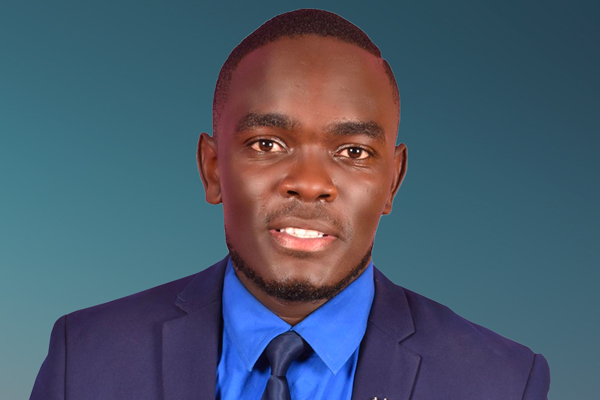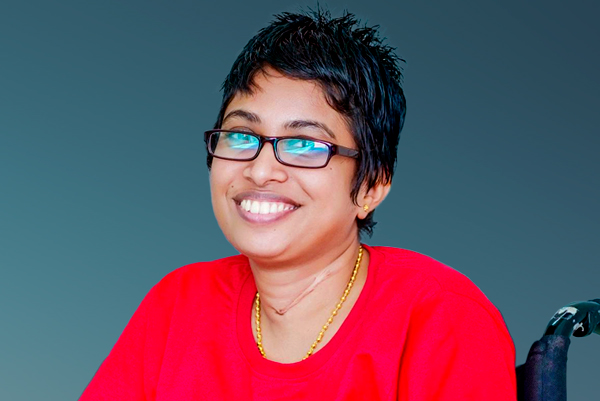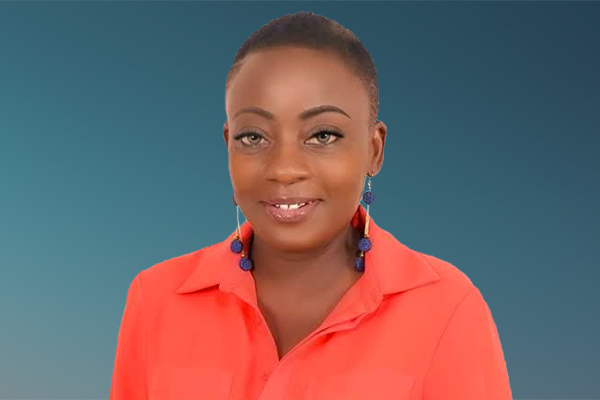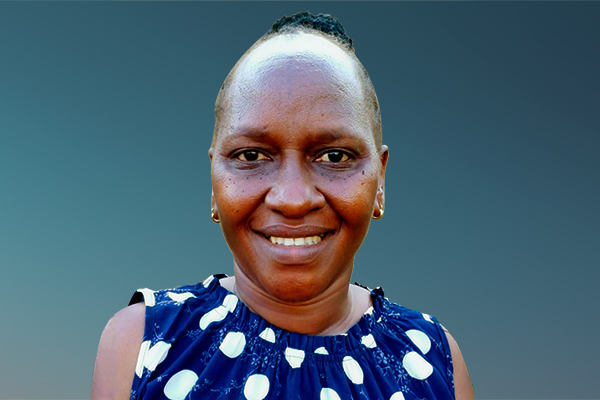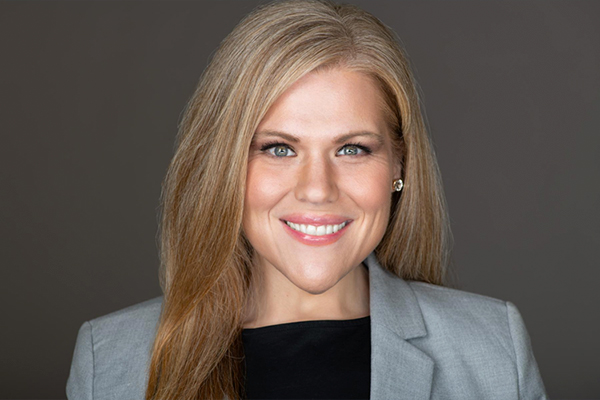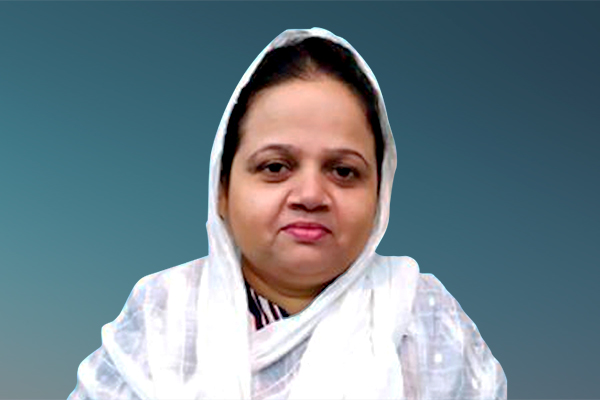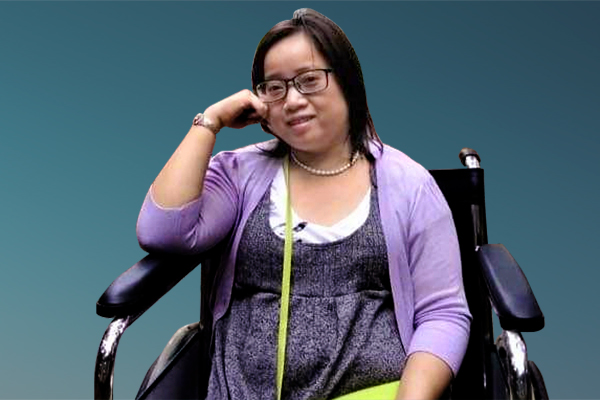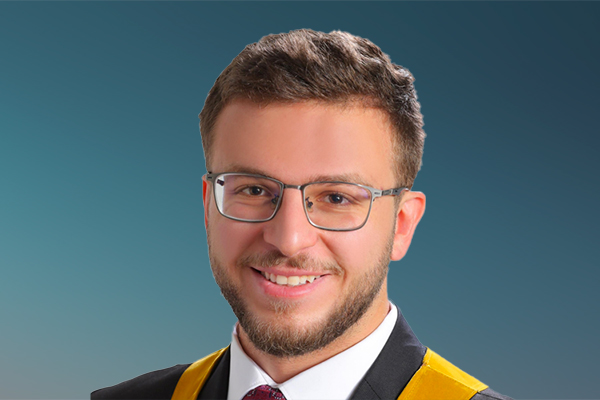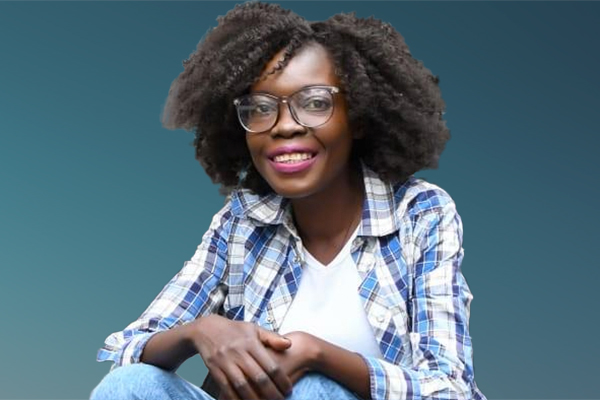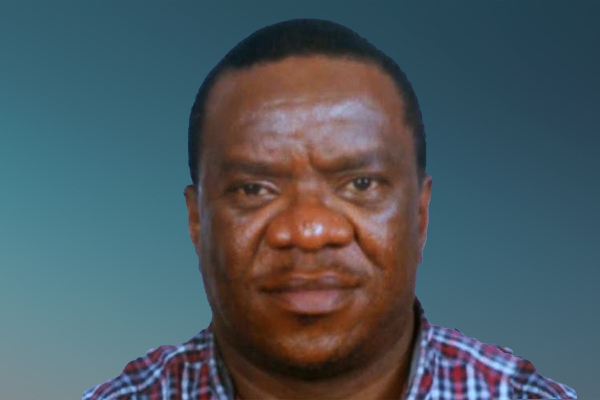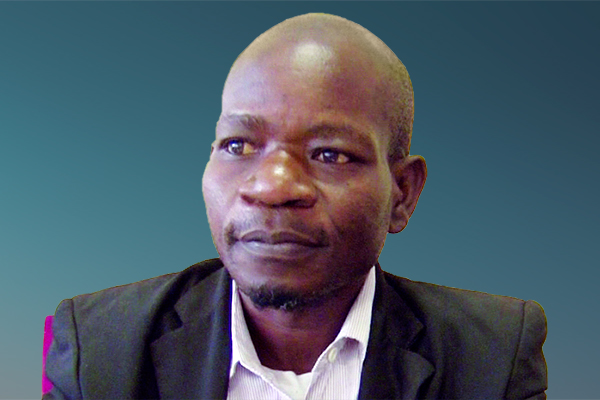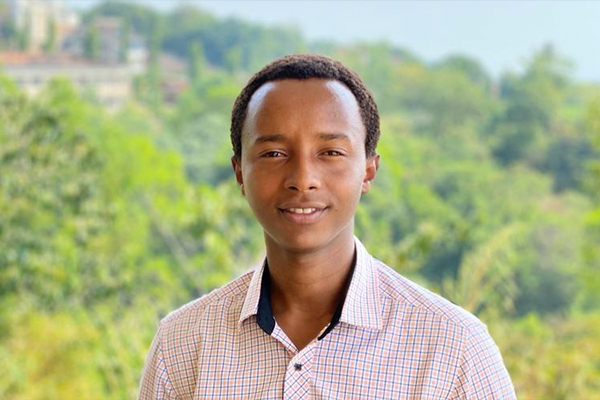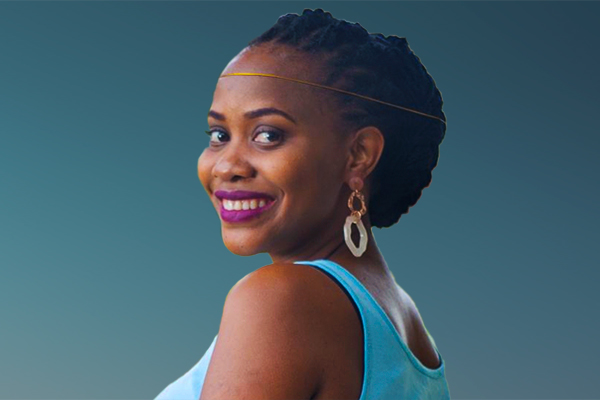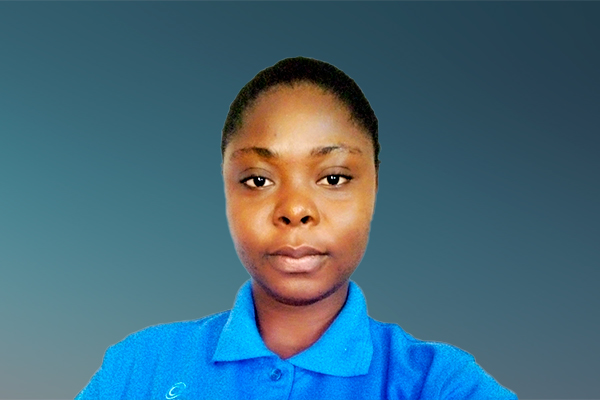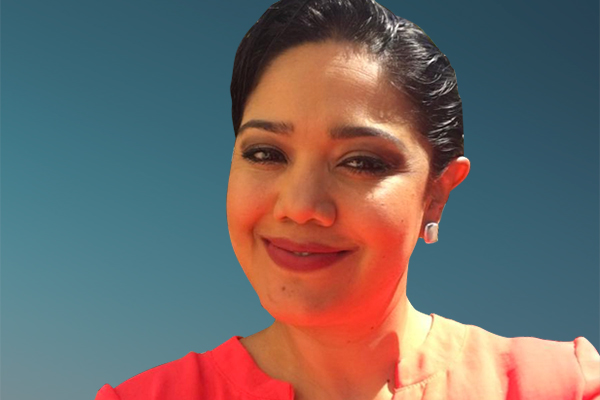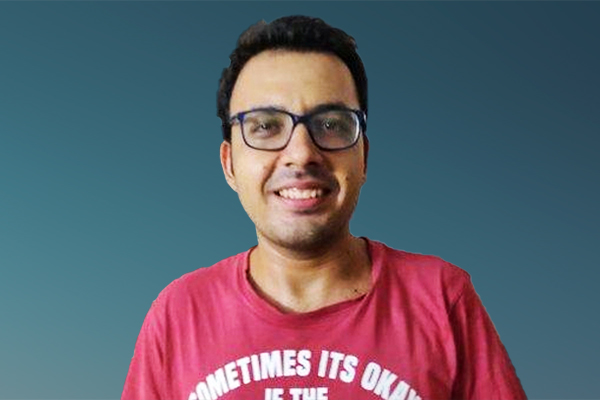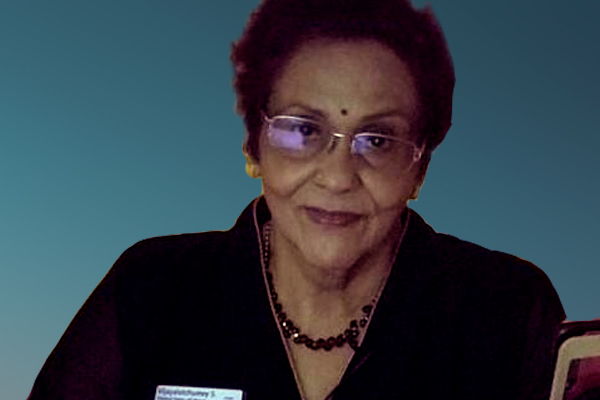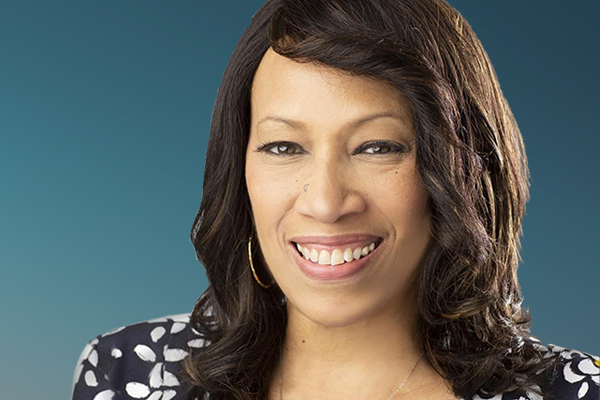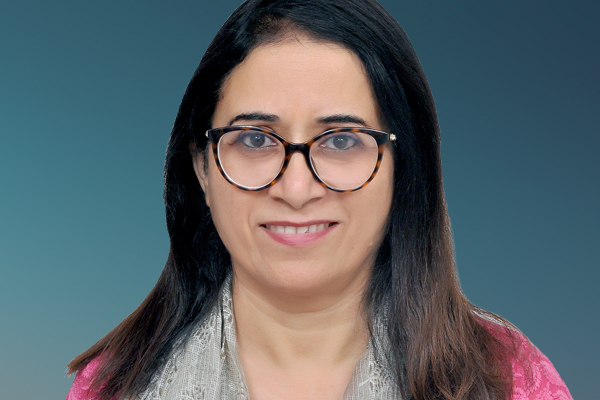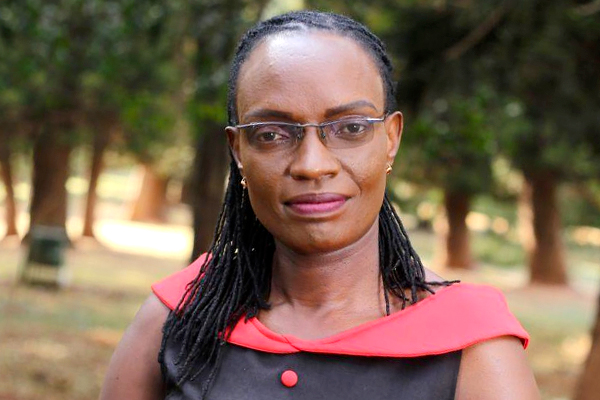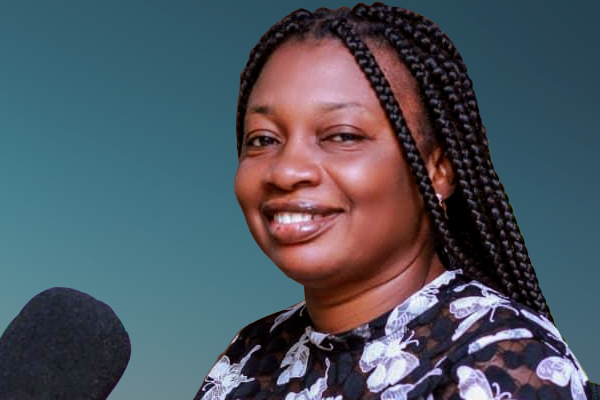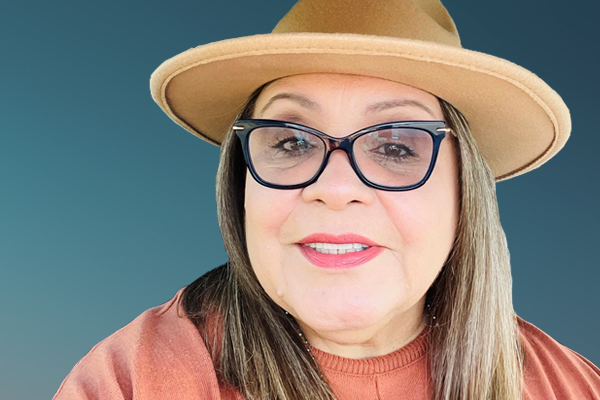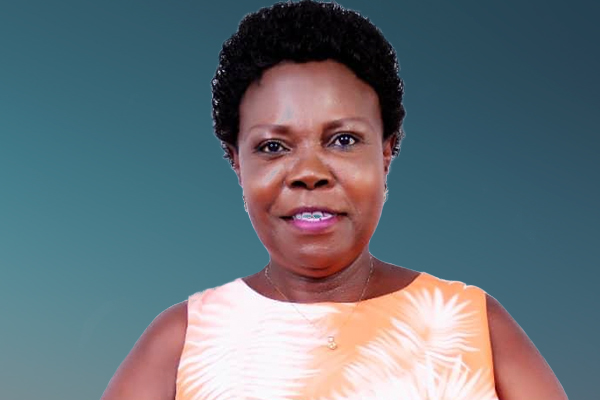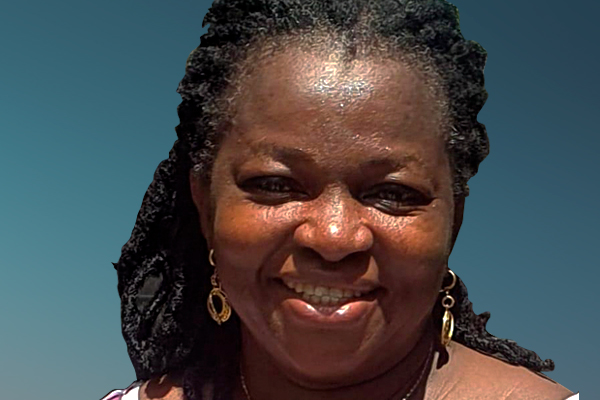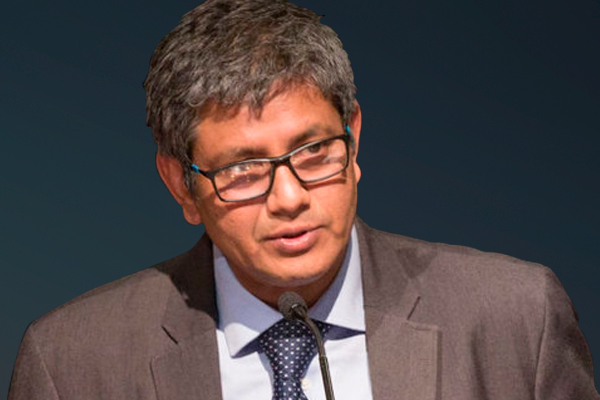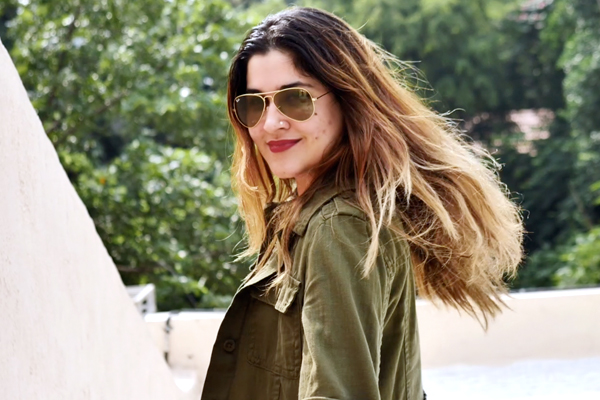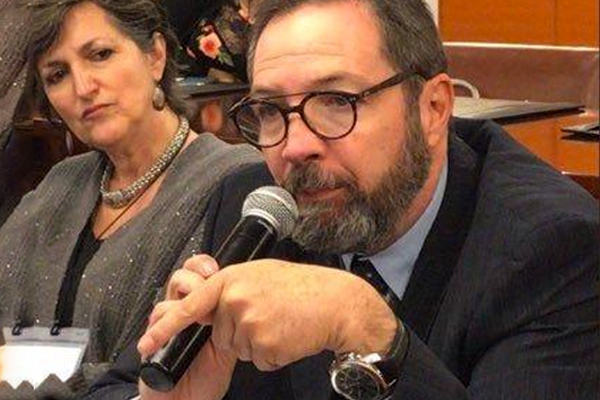My name is Karmila Munadi, but you can call me Mila. I am from Jakarta, Indonesia. I am living with diabetes, obesity, lupus, and clinical depression.
I would like my diary to be able to make other people living with NCDs feel that they are not alone and raise awareness of NCDs, including what can be done when it comes to prevention.
19 October 2022
Multiple Parties Must Cooperate on NCD Prevention
Darkness. As if my future shattered into pieces. I was afraid that no top employers would hire me. I was confused and there was nobody I could talk to. That's how I felt when I was diagnosed with type 2 diabetes in 2010 at age 23.
Since my youth, I’ve been living with obesity. I grew up in Indonesia where schools didn’t provide meals for students; you either brought your own meals or bought from the cafeteria. There were many processed foods, fast food, junk food, sweet beverages and soft drinks, and no specific guidelines on what cafeteria vendors should sell. This was also the case with street food vendors, where me and my friends would often go after school. I had no awareness of the potential impact of processed food on health during my school years.
Despite my father living with diabetes, I lacked knowledge about the condition, including what signs to look out for. One day, I needed to go for a medical check as part of a job recruitment process, which revealed that my blood glucose level was very high. As a result, my recruitment was postponed, and I was urged to seek medical attention. I wished I could have learned earlier about my condition and how it could have been prevented.
"Why me?" I asked myself. I felt ashamed of people’s speculation that I have diabetes because ‘I’m obese’, ‘I eat too much’, ‘I drink sweet stuff too often’ or ‘I lack faith in God’. There are people heavier than me, who are exposed to the same risk factors. The difference is that they didn’t develop diabetes as early as me or ever at all. How come?
My doctor told me that diabetes care means managing the condition to prevent complications, which I ended up developing in the form of clinical depression. It also plays an important role in achieving remission of lupus, which I am also living with. Managing diabetes means seeing a nutritionist who gives me guidance about meal preparation and maintaining a balanced diet; detailed information that I hadn’t received in school. The theory is easy, but implementation is another thing.
Meal preparation can be time and energy consuming. Unfortunately, the “unhealthier” food choices are cheaper, faster, and more varied. They also often make your stomach fuller than healthier foods. I navigate these options, with the help of the awareness I’ve developed through my nutritionist, yet many people don’t have access to such information.
27 February 2023
You Are Not Alone
Knowledge is power. I need to know what I'm going through. After my diagnosis, I began my research on diabetes. This process wasn’t easy; I remember attending a seminar on diabetes where I was the only young person in the room, which made me feel shame, denial and isolated in my experience. Fortunately, I soon joined a delegation representing Indonesia at Young Leader Diabetes. This allowed me to meet other young people living with diabetes, and learn about diabetes prevention and care.
Inspired by the Young Leader Diabetes, we created a community called Persadia Muda (Young Indonesia Diabetes Association) for young people living with diabetes between the ages of 17 – 45, because the challenges we face often differ from those of children or the elderly. Persadia Muda is a place where we can share support, information, and learn from others' experiences.
Through this community, we can spread much needed awareness on diabetes and associated risk factors, to help prevent the onset or complications of diabetes for others in Indonesia. A member with lived experience of gestation diabetes named Mpit, age 28, told me that she was happy to gain support and learn from others about pregnancy and diabetes. She should have received this education from her healthcare provider, but this was unfortunately not the case as either the healthcare provider had insufficient knowledge, or they were not obliged to educate patients in their facility. After giving birth, her blood glucose level normalized, meaning she could cease diabetes medication. However, through our community she learned of her increased risk, after experiencing gestational diabetes, of developing type 2 diabetes. This to her adopting necessary precautions and health-promoting activities to prevent its onset.
Some of Persadia Muda’s members live in rural areas. One member living with type 1 diabetes named Jess, age 29, shared challenges she faces to prevent diabetes complications. She lives in a town in West Java Province, where there are limited specialized doctors including no endocrinologist, meaning she needed to travel to receive care. She mentioned that many healthcare providers do not have adequate information on diabetes. In terms of managing diabetes and monitoring her blood glucose, she needs a glucometer device and its test strip. Unfortunately, this is not covered by the government health social security. She is lucky enough to be able to afford it, but there are others who can’t, meaning they are unable to monitor their blood glucose level to measure the effectiveness of their therapy.
6 March 2023
Action Speaks Louder
There are significant misconceptions about diabetes in Indonesia. When people learn that I am living with diabetes, some ask me whether I have "wet" or "dry" diabetes, which refers to two types of wounds – either open or closed – that can occur often on the feet as a result of the condition. Some people might offer all kinds of traditional medicine claimed as the cure for diabetes. I also often hear people who make comments such as "Oh, you have diabetes. That must be because you eat too many sweet foods" or "You are too fat that's why you have it" or "You must be too lazy to move".
Living with diabetes and witnessing these misconceptions has taught me about the importance of educating the public on risk factors, such as excessive sugar consumption and other conditions including obesity, as well as on early detection, signs and symptoms of diabetes, and what is required for people living with diabetes to control and maintain blood sugar levels.
In 2023, I joined Diabetes Initiative Indonesia, which raises awareness among young Indonesians about diabetes. Compared with Persadia Muda, Diabetes Initiative Indonesia places particular focus on diabetes prevention prior to diagnosis, particularly for young people, and consists of doctors, medical students, people living with diabetes, caregivers, and diabetes educators. We are trying to create a movement to provide young Indonesians with information on how to prevent the onset of diabetes, recognise the early symptoms, and manage the condition to prevent the development of diabetes‑related complications.
We also work to ensure that risk factors such as sugars and processed foods are controlled and minimised by decision makers. Currently, several NGOs and youth communities are campaigning for the government to apply excise duty on packaged sweetened beverages. We are also campaigning for the government health social security to cover blood glucose test strips, as blood glucose monitoring plays a critical role in controlling blood sugar level.
To present our key asks, we, the people living with NCDs and diabetes in Indonesia, call on the government to:
- Implement health education campaigns to increase Indonesians’ awareness on prevention, including risk factors and symptoms of diabetes and other NCDs.
- Increase the number of specialised doctors and medical workers such as nurses and lab technicians so that people all over Indonesia have better access to diabetes and NCD prevention and early detection services.
- Introduce excise duty on packaged sweetened beverages to reduce the consumption.
- Ensure coverage of blood glucose strips by the government health social security.
NCD Diaries
A small step at a time with persistency would create a great impact. Start the action from yourself which might inspire others.
Karmila Munadi, lived experience of multiple chronic conditions, Indonesia
About NCD DIARIES
The NCD Diaries use rich and immersive multimedia approaches to share lived experiences to drive change, using a public narrative framework.

